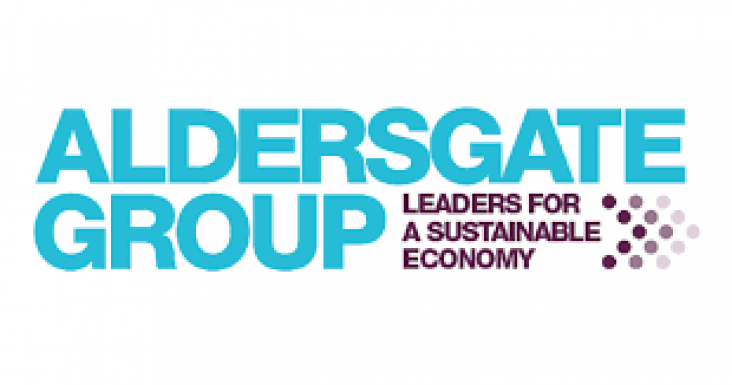Global burden and trends in premenopausal and postmenopausal breast cancer: a population-based study
Background: Breast cancer has distinct causes, prognoses, and outcomes and effects in patients at premenopausal and postmenopausal ages.
Efforts to provide a normed standard for what constitutes intimate partner violence, child abuse, and neglect have clashed with attempts to recognize the impact of cultural variability on the experiences of family maltreatment. Contributing to SDGs 3 and 5, this chapter takes on this challenging intersection by answering vital questions about the operationalization of intimate partner violence and child maltreatment, including how to integrate the need for universal standards with considerations of cultural context.

The SDG Impact of COVID-19 podcast series gathers expert opinion exploring the impact of COVID-19 on the Sustainable Development Goals. In this segment, we get the view of Joan Walley, Chair of the Aldersgate Group and former Labour MP.
This news report addresses SDGs 3 and 5 by highlighting how the COVID-19 pandemic has led to a global surge in violence against women and girls. The report highlights that lack of access to sexual and reproductive health services during the lockdown and thereafter could result in up to 7 million unintended pregnancies worldwide, and up to 2·7 million unsafe abortions and 11 000 pregnancy-related deaths.
This news report addresses SDG 5 by highlighting how the COVID-19 pandemic has led to a global surge in violence against women and girls. The report highlights that lack of access to sexual and reproductive health services during the lockdown and thereafter could result in up to 7 million unintended pregnancies worldwide, and up to 2·7 million unsafe abortions and 11 000 pregnancy-related deaths.
The new 2030 sustainable development agenda is likely to dominate policy and academic debates at both national and international levels over next 15 years and beyond.
Background: Early marriage and fertility are major social determinants of health and wellbeing.
In the U.S., substantial employment and wage gaps persist between workers with and without disabilities.
The hospitality industry struggles with problems with staff motivation, commitment and retention, whilst also having an entrenched glass ceiling that limits career opportunities for many women.
